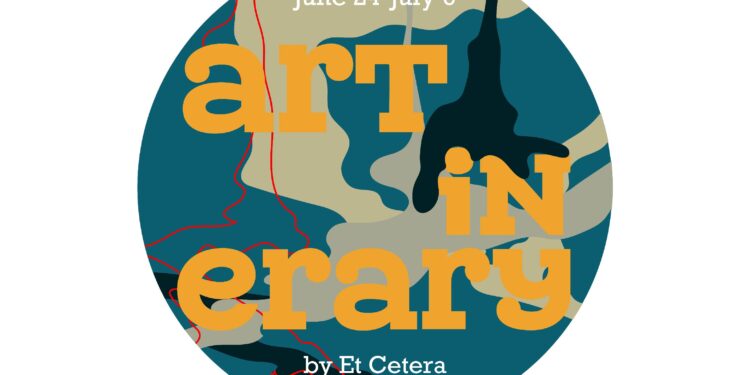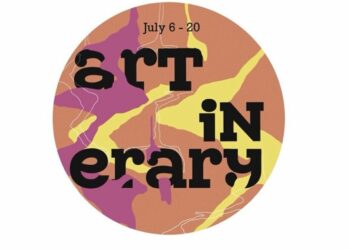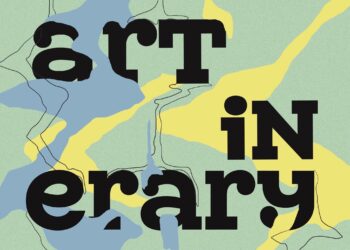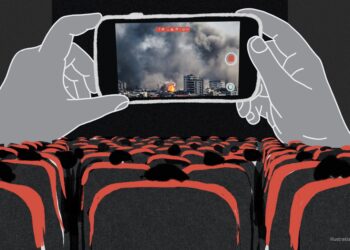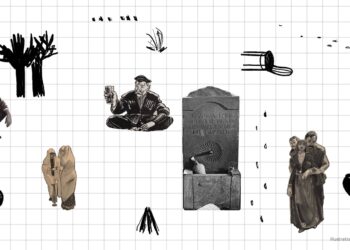Et Cetera
ARTINERARY: July 6-20
The cultural high point of the year is definitely peaking in the next couple of weeks with the opening of the 21st Golden Apricot International Film Festival with its usual roster of must-see films and... uhum... controversial guests. Finding the gems, or maybe the guilty pleasures in this whirlwind of activities can be a challenge, so hopefully this guide can be of some help.
From Heritage to Hype
An op-ed calling for a collective reflection on the potential pitfalls of Armenia’s burgeoning arts and cultural festival scene falling into the trap of “artwashing” and sidelining the much needed potential of cultural festivals to facilitate community bonding and critical engagement with the past.
ARTINERARY: June 25-July 5
Yerevan's social calendar is ramping up with a torrent of events that will immerse you in all sorts of art if you, well... let it. To help you navigate the vibrant art scene, we're putting together a short bi-weekly digest of the best that the capital has on offer for the art-going public and visitors.
Culture in the Time of Real Estate Wars
Why has the Armenian Government initiated a controversial takeover bid of the Writers' and Artists' Union properties and what does it mean for the wider cultural sector? Vigen Galstyan explains.
The School Textbook and the Ghost of Stalinism
Armenian historical scholarship is attempting to shed its Soviet-Stalinist ideological framework and adopt new methodologies and theories. However, ongoing debates suggest that this transformation will be a lengthy and challenging process.
From Artsakh to Gaza, No One Will Be Free
An Armenian film, “1489” won the Main Jury and the International Federation of Film Critics prizes at the International Documentary Film Festival of Amsterdam in 2023 amid upheaval and controversy that triggered a series of withdrawals and boycotts of the festival for its perceived silence regarding Israel’s invasion of Gaza.
Two Films From One Fountain
The juxtaposition of two cinematic adaptations of the same literary work reveals polar perceptions of history, tradition, national culture and lifestyle. And by doing so, it indicates that the boundaries of "Armenian cinema" are much wider than they seem.
Daniel Dznuni: The Interrupted Flight, Part 2
Armenia’s first and only cinema mogul, Daniel Dznuni, was accused of sabotaging the work of Armenfilm in 1936. After spending several years in prison, he was released but never returned to the theater. Part II of Anush Vardanyan’s exploration of Dznuni’s life and work.
The Now of Literature, After the War
How does war shape the collective narrative? How have Armenian writers since the 1990s approached the impact of multiple wars? Mariam Aloyan looks at Armenian “war literature” spanning generations and decades.
The Russian “Gift of Civilization” to Armenia: “Relocant” Edition
The unprecedented influx of Russian citizens due to the Russia-Ukraine war into states that were under Moscow’s rule for centuries, is often locally perceived as endangering the identity and undermining the independence of these states. Maria Gunko explains.

